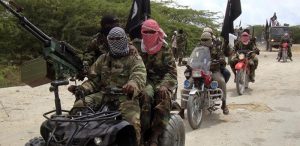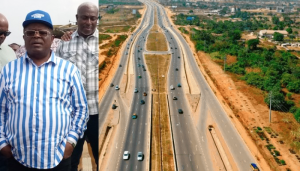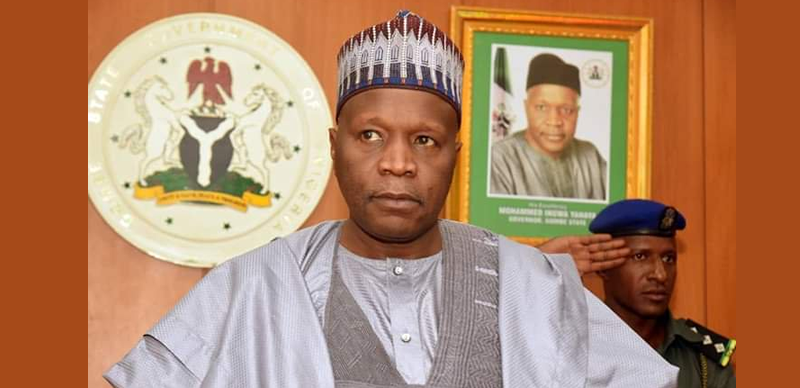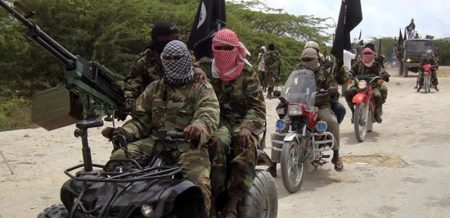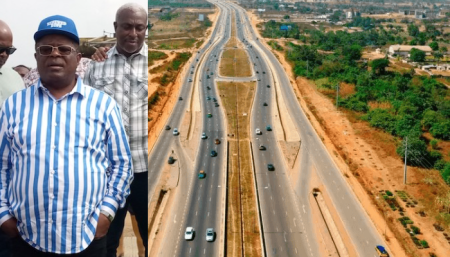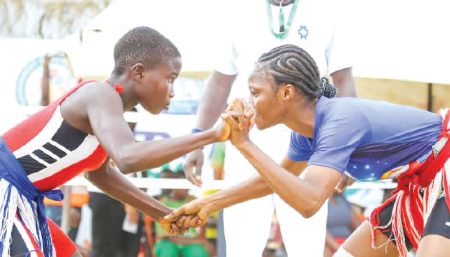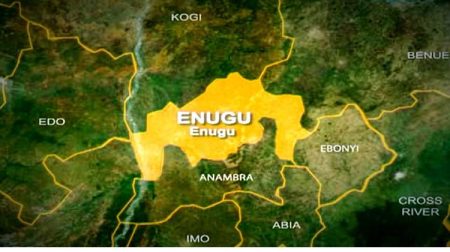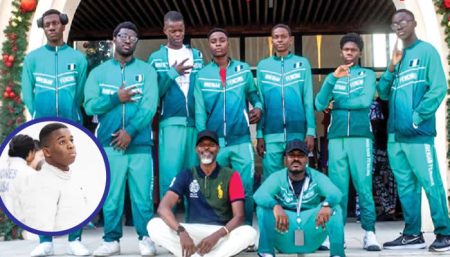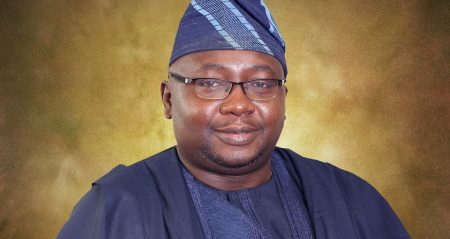The recent attacks on communities in Bokkos Local Government Area of Plateau State, resulting in the loss of lives and injuries, have drawn strong condemnation from various quarters, particularly from the Chairman of the Northern States Governors’ Forum (NSGF), Governor Muhammadu Yahaya of Gombe State. He characterized the attacks as senseless acts of violence that threaten the unity and stability of the region. The attacks, which primarily targeted vulnerable women and children, underscore the escalating insecurity plaguing rural communities across Northern Nigeria. Governor Yahaya expressed his profound grief and extended his condolences to the affected families and the government of Plateau State, emphasizing the urgent need to address the recurring violence and protect innocent lives.
The recurring violence and bloodshed in Northern Nigeria represent a grave concern for regional stability and national security. The attacks not only inflict physical harm and psychological trauma on individuals and communities but also erode the social fabric, hindering development and fostering a climate of fear. Governor Yahaya’s condemnation of the attacks reflects a broader recognition of the need for concerted efforts to combat insecurity and promote peaceful coexistence among diverse communities. He called for collective action to address the root causes of the violence and ensure the protection of human life.
Governor Yahaya commended Governor Caleb Mutfwang of Plateau State for his prompt response to the attacks and his efforts to restore calm to the affected communities. He also acknowledged the role of security agencies in containing the violence and urged them to intensify their efforts to apprehend and prosecute the perpetrators. This highlights the importance of collaboration between government, security forces, and local communities in addressing security challenges. The swift response and proactive measures taken by the Plateau State government demonstrate the crucial role of leadership in crisis management and the restoration of peace and order.
Beyond immediate responses to attacks, Governor Yahaya emphasized the importance of long-term strategies to prevent future violence. He stressed the need for tolerance, peace-building initiatives, and mutual understanding between diverse communities, particularly between farmers and herders, whose conflicts have frequently been a source of tension and violence. This underscores the crucial role of inter-communal dialogue and reconciliation in addressing the underlying drivers of conflict and fostering lasting peace. Building trust and promoting peaceful cohabitation between different groups is essential for achieving stability and sustainable development in the region.
The commitment of the Northern Governors’ Forum to collective action is crucial in tackling the multifaceted security challenges confronting the region. Governor Yahaya affirmed the Forum’s resolve to strengthen security collaboration, promote dialogue, and implement policies that encourage peace and unity. This collaborative approach recognizes the interconnectedness of security challenges across state boundaries and the need for a coordinated regional response. Sharing intelligence, resources, and best practices can enhance the effectiveness of security operations and promote collaborative problem-solving.
The role of community leaders, religious groups, and civil society organizations is also paramount in fostering peace and reconciliation. Governor Yahaya urged these actors to actively support government efforts by promoting peace, tolerance, and forgiveness within their communities. These local influencers can play a powerful role in shaping attitudes, promoting peaceful coexistence, and countering extremist narratives that fuel violence. Their involvement in peace-building initiatives can help to bridge divides, build trust, and create a more inclusive and harmonious society. The emphasis on their contribution underscores the importance of a multi-faceted approach to addressing the root causes of conflict and building lasting peace. Ultimately, sustainable peace requires the active participation of all stakeholders, from government and security forces to community leaders and civil society, working together to create a culture of peace and respect for human life.


